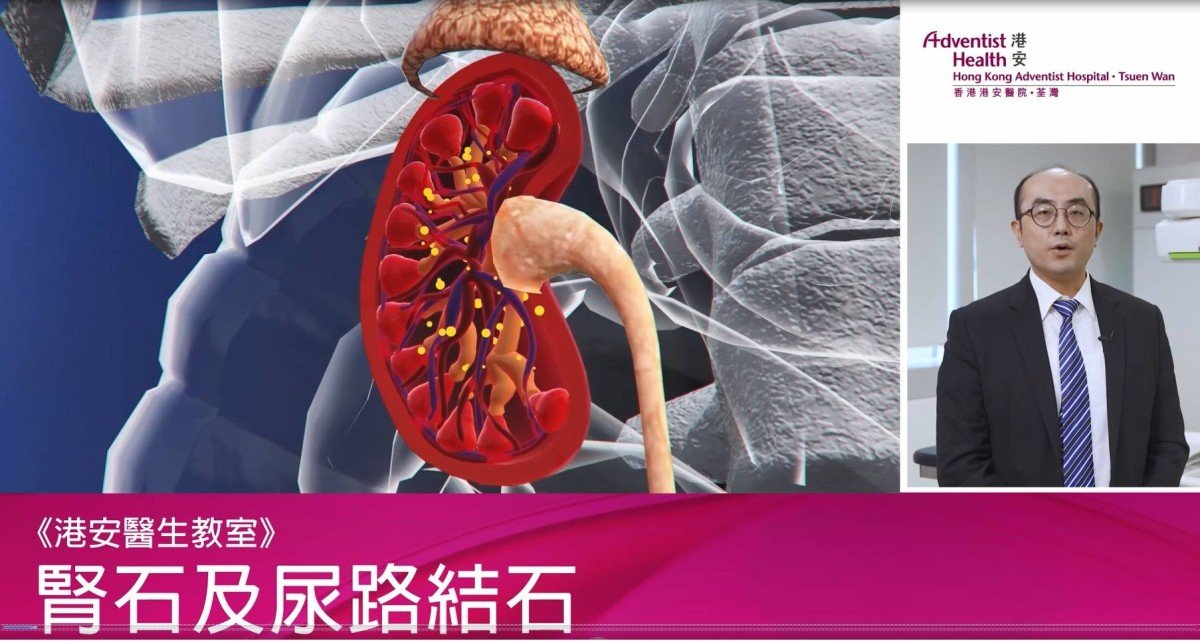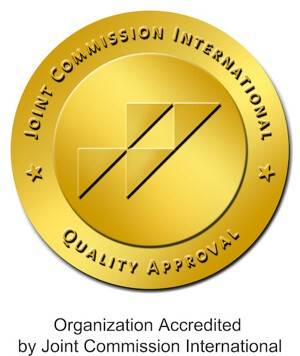
Adventist Health Education Series – Don’t Let Bad Habits Lead to Kidney Stones: Prevention and Treatment Explained Sidebar
Feature: Dr. Edmond Wong Ming Ho, Urologist – Don’t Let Bad Habits Lead to Kidney Stones: Prevention and Treatment Explained
The formation of kidney and ureteric stones is often rooted in our everyday habits. Inadequate fluid intake, a diet high in salt, animal protein, or oxalate-rich foods, as well as genetic predisposition, can all contribute to the crystallisation of minerals in the kidneys. When these stones pass into the ureter, they can cause blockage, resulting in severe lower back pain, haematuria (blood in urine), or even vomiting. If such symptoms occur, prompt medical attention is essential. Fortunately, most cases do not require invasive surgery. Small stones can often be passed naturally by increasing fluid intake, while larger stones may be treated with extracorporeal shock wave lithotripsy (ESWL) or minimally invasive surgical procedures. To avoid what is often described as “one of the most painful experiences in life,” the key lies in maintaining a balanced diet and adequate hydration. With the right lifestyle habits, kidney stones can be effectively prevented—leading to a healthier, stone-free life.












